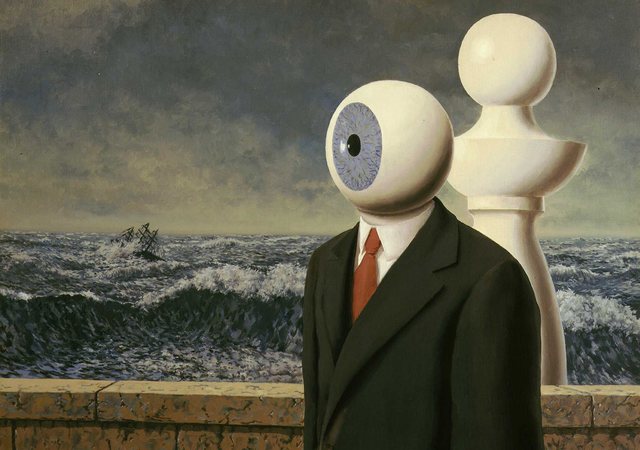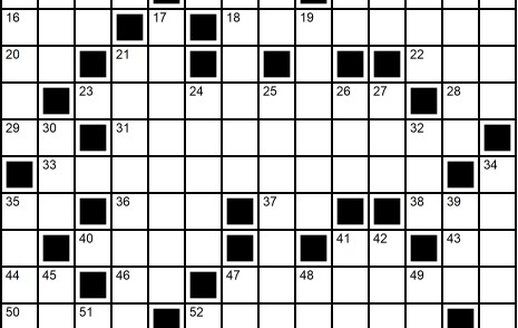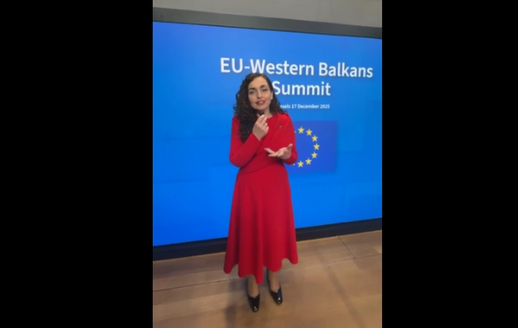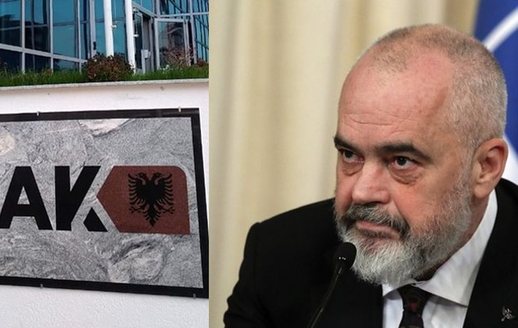
The Treaty of Westphalia - the moment of solidification of states in a world that now does not exist


If there is a moment in history where the international order took its most rigid, strictest, and most inviolable form, for more than three centuries, it is the year 1648. The Peace of Westphalia, which ended one of the most devastating wars Europe had ever seen (the Thirty Years' War), laid the foundations of nation-states, separated by religion, more or less the international order that still functions today.
That year, in the dark halls of Münster and Osnabrück, representatives of European nations and principalities decided to divide the world – not according to the will of God, not according to wealth or natural law – but according to the boundary of arms and language. Thus was born the principle of national sovereignty, where each state was an island in itself, an empire over its own territory, where no other had the right to interfere.
This was the moment when the border was sanctified, when interference in internal affairs was declared aggression, and that states would be sovereign and would govern the country according to local laws. With the signing of that Peace, the foundations of the International Order that would prevail for centuries were actually being laid. From there, a divided, fragmented world began to be built, but with an agreement not to break it up further.
And this model – erected as a protective wall against the chaos of religious and absolutist rulers – worked. The world began to take shape according to that model, and nation-states began to emerge one after another. One nation - one religion - one language. Often with wars, blood and disagreements, but today the United Nations Organization counts about 200 states.
377 years have passed since the signing of this Treaty that shaped the world we know. Since then and until today, the world has been built according to that model, where sovereign states have sanctioned in their Constitutions that national interest will be the only polar star.
But the world is no longer what it was in 1648. And here the paradox begins.
The Treaty of Westphalia, with all its historical solemnity, lives on as the silent system of modern political thought. Even the United Nations, founded on the ideals of a united world after World War II, has at its core the Westphalian spirit: each state is its own master. The Treaty of Westphalia was a brilliant solution for its time – but we have forgotten to build order for our time.
But in the meantime, the reality we live in is no longer a Westphalian reality. Nor a 20th century reality - before and after the Second World War.
Today's reality is a complex global reality, interconnected with billions of invisible communication signals, at the same time a fragile reality and one that is overcome by itself.
Traktati i Vestfalisë ishte projekt i jashtëzakonshëm për Europën e shekullit të XVII, por arkitektura e atij Traktati nuk funksionon më në botën e vitit 2025. Sepse bota e sotme është diçka futuristike, që tejkalon fuqinë e politikës dhe kornizat e saj. Sot jetojmë në BOTËN E RE TË TEKNOLOGJISË.
8 miliardë njerëz jetojmë në një planet të vogël, të cilit mund t'i biesh rrotull për 40 orë. Çdo banorë i globit ka në dorë një super kompjuter inteligjent, i aftë të kalkulojë dhe të përpunojë informacione për gjithë historinë e njerëzimit, përfshirë të ardhmen. Secilit banorë të globit i preket direkt portofoli nga çdo vendim politik, ushtarak ose krizë ekonomike. Krejt njerëzimi varet nga rrjeti World Wide Web (www).
Nëse shtojmë Inteligjencën Artificiale dhe Bombat Atomike, pamja bëhet dramatike. Teknologjikisht ne gjendemi në vitin 2225, ndërsa botën e qeverisim sipas arkitekturës së vitit 1648.
Të mendosh se Kina dhe SHBA mund të rrinë secila brenda kufijve të vet është naivitet. Të mendosh se një virus mund të qëndrojë brenda një shteti është marrëzi. Të mendosh se një algoritëm që lind në Silikon Valley nuk do të ndikojë zgjedhjet në Stamboll është mosnjohje e realitetit.
Vestfalia ishte zgjidhje për një epokë që kishte kohën, hapësirën dhe distancën si aleate. Sot, koha është e çastit, hapësira është e tejkaluar, dhe distanca është fshirë nga teknologjia. Dhe prapë, rendin ndërkombëtar e udhëheqin akoma rregullat e 1648-ës.
Nuk është për t’u çuditur që krizat globale nuk gjejnë zgjidhje. Sepse mjeti që kemi në dorë për t’i zgjidhur është si një çelës i vjetër që i kthen dhëmbët më kot në një bravë që nuk ekziston më.
Ne vazhdojmë të sillemi si në kohën e Vestfalisë, ndërkohë që bota ka shpërthyer në mijëra grimca realitetesh të reja, që nuk i njihnin diplomatët e shekullit të XVII. Ata nuk e kishin idenë se një ditë një njeri në Afrikë do të lexonte në të njëjtin çast një postim nga Amerika, apo se një klikim do të bëhej lajm global. Ata nuk e kishin idenë se një server i padukshëm mund të zgjidhte më shumë fate njerëzore sesa një mbret i gjithëpushtetshëm.
Dhe megjithatë, ne sot akoma vazhdojmë të qeverisemi sipas arkitekturës së asaj marrëveshjeje kur armët ishin shpata, baruti dhe kuajtë. Kur ushtritë caktonin fushën e betejës dhe shfarosnin njëra tjetrën. Ndërsa sot mund të shfarosësh një kontinent me një klik.
A është koha që të shpallim fundin e rendit vestfalian?
A është koha që të shpikim një sistem të ri ndërkombëtar, që nuk mbron thjesht kufijtë, por mbijetesën e specieve, të planetit, të lirisë, të jetës si Koncept Universal?
Happening now...

83 mandates are not immunity for Rama's friends
ideas
top
Alfa recipes
TRENDING 
services
- POLICE129
- STREET POLICE126
- AMBULANCE112
- FIREFIGHTER128
































